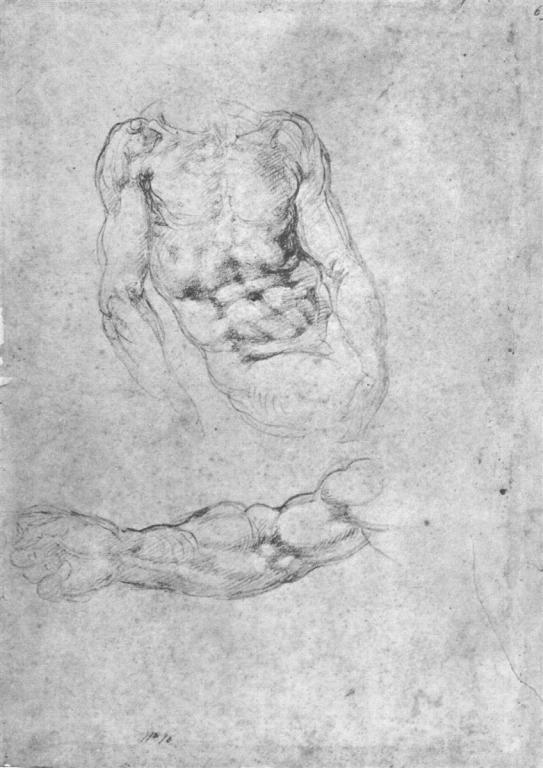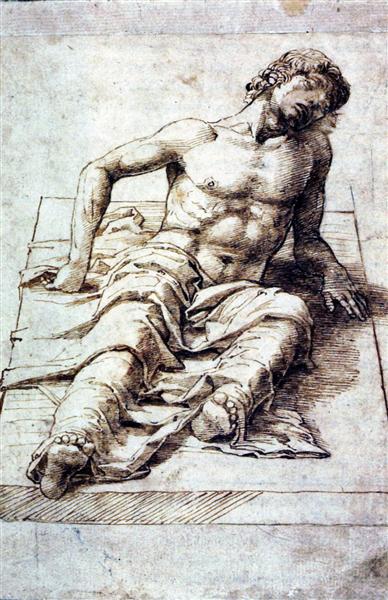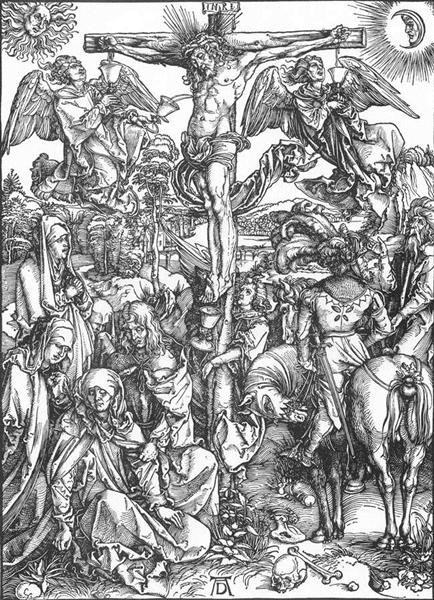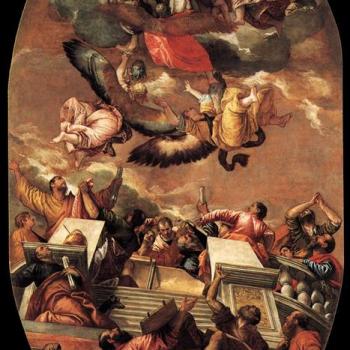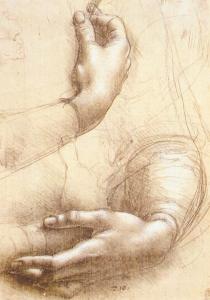
I was in the full arrogance of youth, and I wrote a poem. A friend had sent me a different poem, one quite modern in tone and style, complaining to me of its non-sense. I provided a quick study of its flaws – and then – I adopted its theme and wrote an entirely different poem. It took a few minutes. To this day, it remains my friend’s favorite poem of mine.
Such arrogance! That I could imagine writing a superior poem than a real poet, and so quickly. But I was young, in the middle of a Master’s program, and I was discovering poetry. I was discovering that I was good at it. Not that I know whether the poem was in fact better than the original. Only that I could play with language in a way that felt like breathing. (Like very frustrating, difficult, effortless, breathless…breathing.)
Describing the intensity and immensity, the thrill of an entire universe – poetry – coming alive seems near impossible to me now. I can hardly say how excited I was. Quite apart from my theological studies, a friend of mine slowly fed me poetry until I was consumed by it. Not just consumed by being able to read it, but being able to do it. It was…like tasting lightning. All crackling ozone and energy.
At first I learned to write in hospital beds. Though I’d been aware of a certain talent with words before then, I could not be bothered. I retreated to my mind only when my body became less reliable. When the immediacy of youth gave way to the anxieties of adolescence.
I wrote and wrote and wrote. Stories, mainly. Sprawling things that somehow always featured characters inches from what they could never have (such is the world from the hospital bed), and a million fight scenes. Mostly fight scenes. Basically an action movie, but in words. Mind you, none of it was any good. The point was that I was writing. Over and over and over. New experiments with syntax, with shades of feeling, with vocabulary. Over and over. When people ask me how to become good at writing, I often answer, “By writing.” (How frustrating.)
I was a keen reader, and as interested in form as in content. History books and fantasy novels and theology: those were my whole thing. (The first theology book I ever read: The Problem of Pain.) I felt drawn to stronger writers, and I’d mimic them closely. I became attached to Roger Ebert not because I cared what he thought of movies, but because he was a good writer. He had an economy of language and a sense of how sentences lean against each other in shape and concept. So I read him. And read, and read.
But I hated poetry. Intensely.
How that came around for me is a story of another time. The point for now is that I found a form of writing that came rather naturally, or that I was in any case willing to work very hard to arrive at as if by nature. Poetry is more suited to my idiosyncratic syntax, my balance of clauses, my interest in rhythm. I was never very good at stories, really.
What I loved most was being able to play. I loved being just good enough to be able to really play, and by “play” I mean that practiced and ceremonial way that children have of discovering rules in the middle of a moment. Voicing the addition or subtraction. Re-shaping the play at hand in a with a sudden insight. “I’m a pirate now, and you’re my first mate.” You know, that sort of thing. That negotion in the midst of what is already under way.
That was how I wrote: always in the middle of some experiment or another, often stacking experiments in a mess of extravagance and ruin. The classroom and books were places for rigor, order, and the sheer intimidation of formal learning. Poetry was the one place I could really play.
Suffering brought a sudden end to much of it, though I retained the habitus of idiosyncratically beautiful writing. But I had begun lately to come alive. Which is why it was so nice, such a sudden gift to have the time and the energy (dear God, the energy!) to write on the Met Gala. The editor of Notre Dame’s Church Life Journal asked me if I would. I agreed, if only because I knew Artur wouldn’t hold me to a genre. He would not expect actual pop commentary. It was in itself a silly topic that required nothing but what I brought to it. So. I could, for once, play. I could play with ideas that had nothing to do with existential angst and the suffocation of depression. No, I could really and freely play with words.
It was the sheer grace of writing.
And so I wrote.
And may God grant me more.






